Toyota has now finished building a fleet of hydrogen fuel-cell HiLux utes in the UK, and they’re now undergoing evaluation.
A total of 10 prototype vehicles have been produced by Toyota Manufacturing UK in a project funded by the Japanese carmaker and a consortium consisting of multiple partners, with additional support from the UK Government.
Toyota says the project has now moved to its “final phase”.
Five of the vehicles are undergoing “rigorous field testing to assess safety, performance, functionality and durability”, with Toyota gathering real-world data.
The other five are being used for customer and media demonstrations, including at the upcoming Paris Olympic and Paralympic Games.
Toyota has invested heavily in hydrogen development since 1992, and it expects Europe to be one of the world’s largest hydrogen fuel markets by 2030.
It says the HiLux prototype project is an “important stepping stone” to the further development and rollout of hydrogen technology and infrastructure across the continent.
It looks like the regular HiLux extra cab ute, measuring 5325mm long, 185mm wide and 1810mm tall on a 3085mm wheelbase, but contains technology from the Mirai FCEV.
Toyota has fitted three high-pressure fuel tanks, each of which can contain 2.6kg of hydrogen, that are mounted within the ladder-frame chassis.
The polymer electrolyte fuel cell stack has 330 cells and is mounted above the front axle, while a 1.2kWh lithium-ion battery stores electricity produced by the fuel cell – it’s located at the rear, above the hydrogen tanks, so as to not cut into cabin space.
The rear-wheel drive prototype has a single electric motor on the rear axle producing 134kW of power and 300Nm of torque.
It has a claimed 600km of range, which Toyota claims is more than could be achieved with a battery-electric HiLux, with its hydrogen fuel-cell powertrain resulting in a lower weight but greater payload and towing capability.
The project started with a feasibility study in early 2022, with Toyota securing funding from the UK Government.
Joining the project were an array of consortium partners: engineering and environmental consultancy firm Ricardo; European Thermodynamics; engineering services firm D2H Advanced Technologies; and automotive risk intelligence company Thatcham Research.
By early 2023 work had begun on building the vehicles, and all 10 vehicles were built between June and December 2023.
The company hasn’t said when hydrogen HiLuxes will be ready for sale or lease to the general public.
In addition to building hydrogen-powered HiLuxes, Toyota has also revealed a battery-electric version of its popular ute, a consumer-ready version of which will reportedly be produced in Thailand by the end of 2025.
MORE: Everything Toyota HiLux







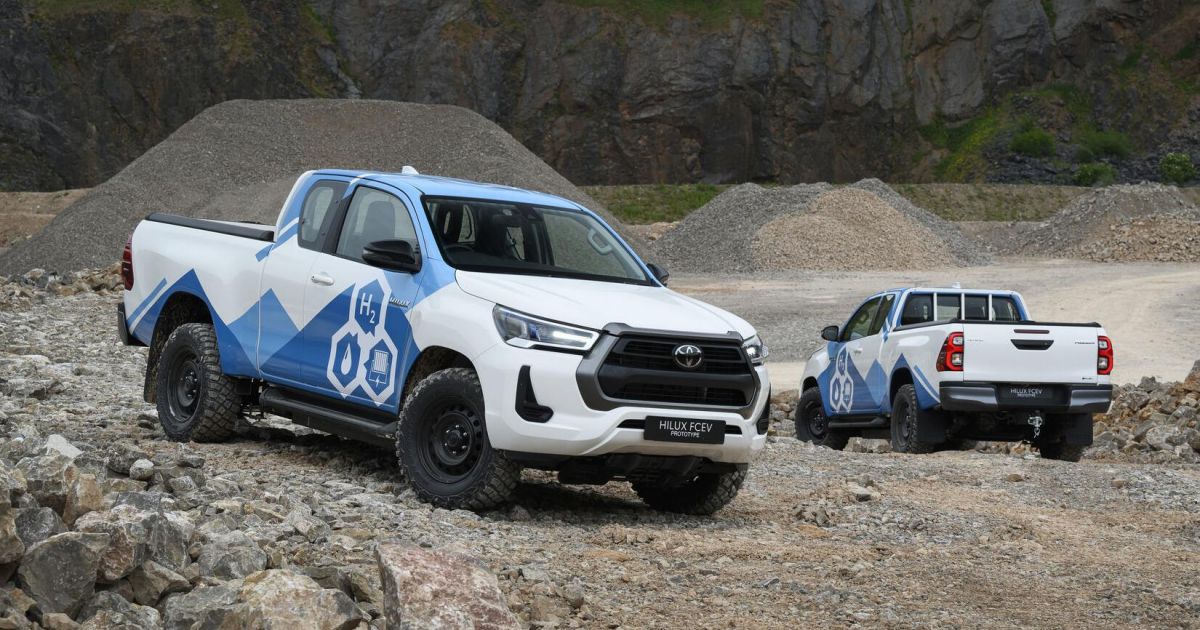
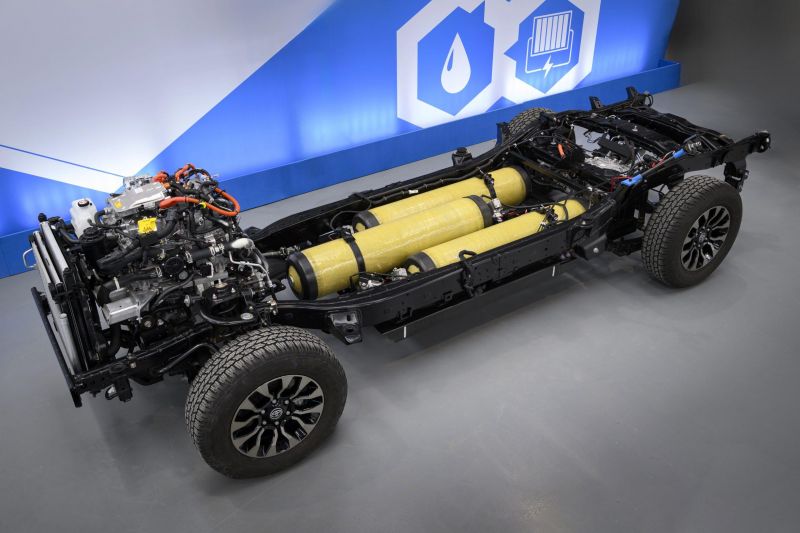
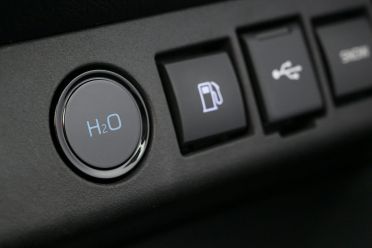
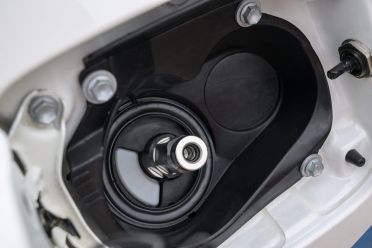
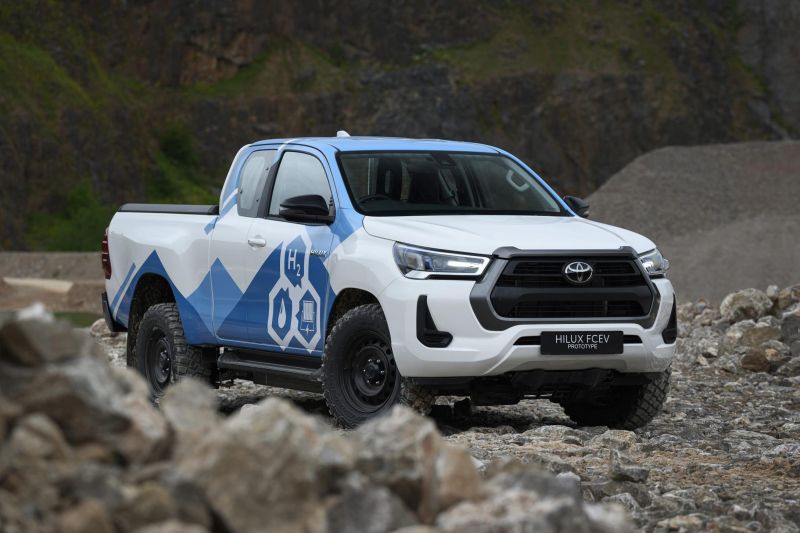
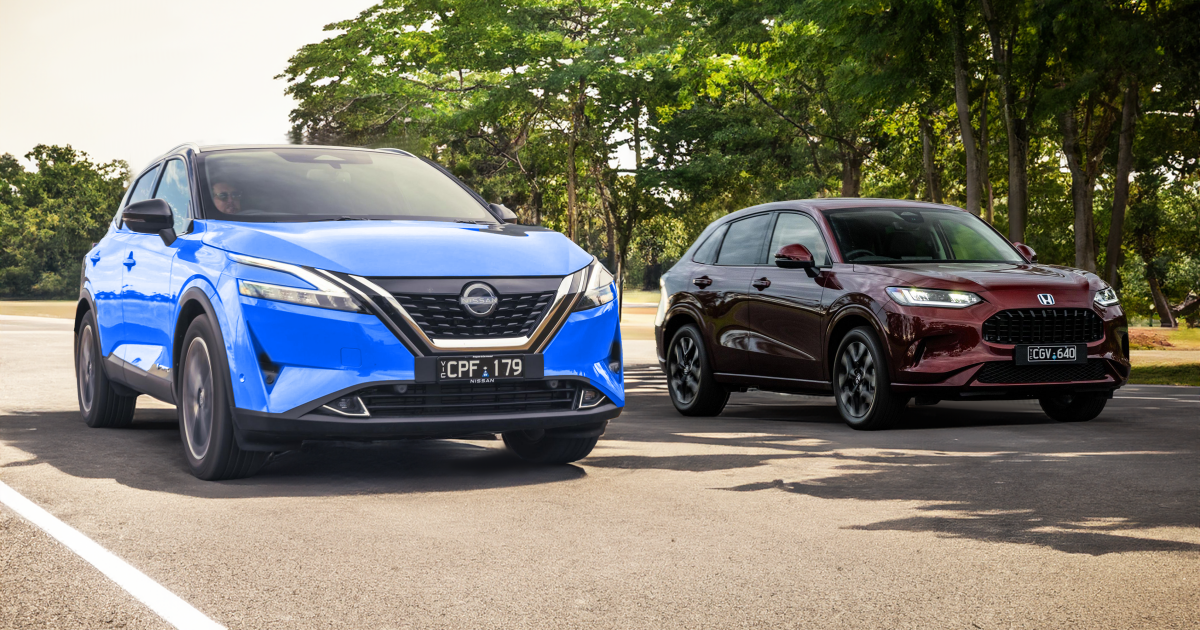
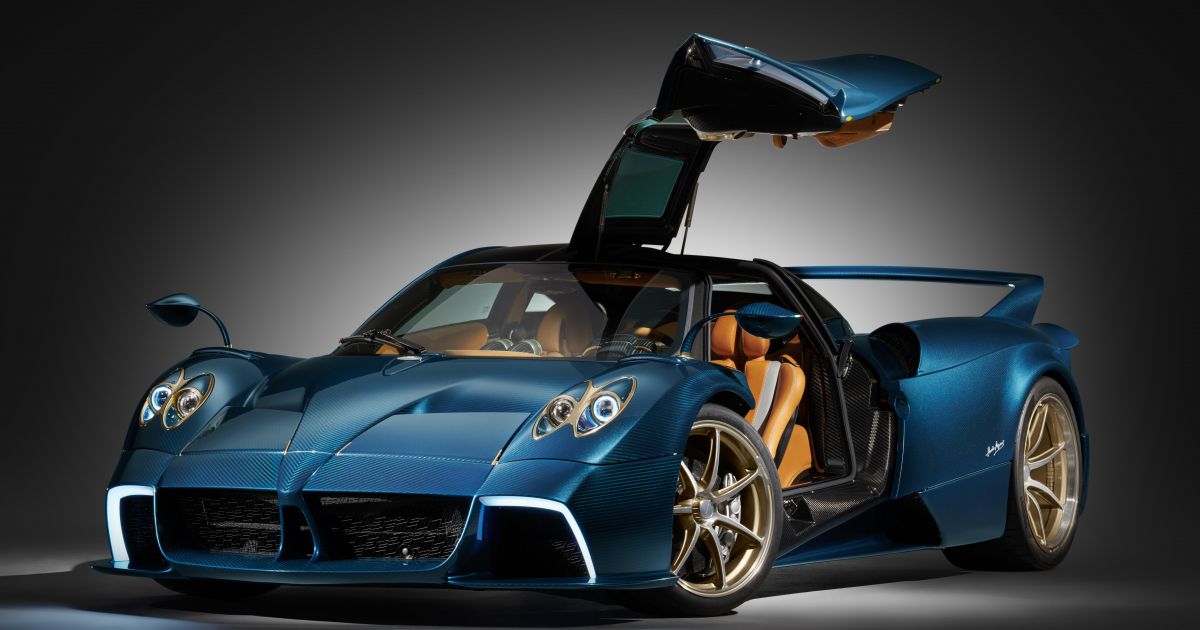



+ There are no comments
Add yours